Joji Review: The Brilliant Film Confirms Fahadh Faasil To Be Indian Cinema’s Greatest Actor
Joji, starring Fahadh Faasil, Unnimaya Prasad, Baburaj, Joji Mundakayam, Sunny PN is a dark brooding translocation of the Shakspearean tragedy with unexpected bursts of warmth and humour. Read the review below
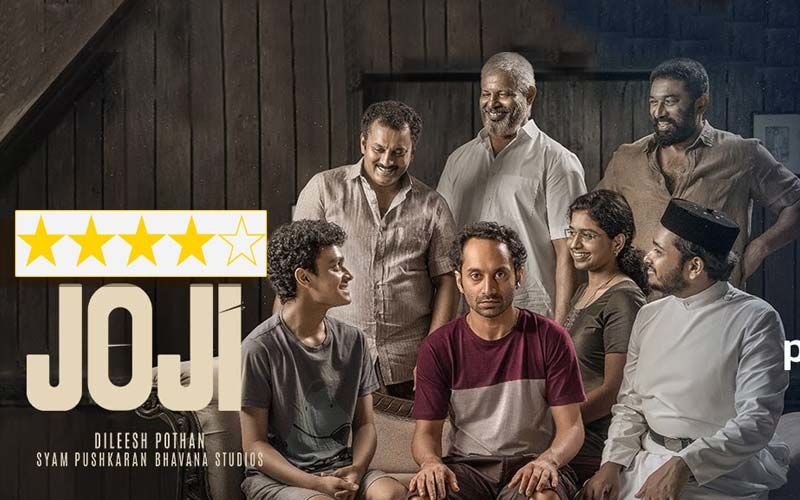

Is Fahadh Faasil India’s greatest living actor? In film after film, he proves himself a fearless peerless seamless actor who merges into his characters like water in a stream. And better still, flows down that stream where the human condition merges with the very bedrock of existence.
And look at where Fahadh has arrived in Joji! Shakespeare’s Macbeth gets the treatment which I am sure would make Shakespeare himself envious. Joji is a dark brooding translocation of the Shakspearean tragedy with unexpected bursts of warmth and humour which Shakespeare could have never imagined.
Magically the characters in Syam Pushkaran’s screenplay are relocated from their Shakespearean bleakness to a Malayali verdancy. The overpowering greenery of rural Kerala has always served as a compelling counterpoint to the dramatic tensions so organically generated in Malayalam films. The tension has never been more palpable as it is in Joji. You can cut it with a knife and all you will see are bloodless wounds in the family of Kuttappan P K Panachel(Sunny PN), a tyrannical patriarch who runs the family business with a tight fist and an immovable grip over his three sons. While one of them, a drunken divorced bully named Jomon(Baburaj) loves his mean-spirited father unconditionally, the quieter Jaison(played brilliantly by Joji Mundakayam) has Daddy issues that he has long suppressed within himself.
It is the youngest son, a wastrel named Joji who is the focus of the radiantly inky plot. Joji is of course played by the great Fahad Faasil who brings to the character a kind of patriarchal bitterness that manifests itself in not-expected burst of devastating violence. This is director Dileesh Pothan’s third directorial with Fahadh(after Maheshinte Prathikaaram and Thondimuthalum Driksakshiyum) and by far the most reflective, moody, sinister , subtle and sublime.
Though Macbeth is an inherently violent tale of patricide and Oedipal guilt, Pothan’s film does away with the vileness of the protgonist’s deeds by introducing a kind a dithering juvenilia into Jijo’s character. His chosen weapon of violence is an airgun and his selected hideaway is a half-dug well. Fahadh’s Jijo is an unlikely villain and hence all the more devastating. He is also an unlikely Shakespearean hero who has in all probability never heard of Shakespeare.
How unlike Vishal Bhardwaj’s Macbeth(Maqbool) where all the main characters behaved as if they had graduated in Shakespearean literature.
Joji is a remarkably artless tragedy filled with a looming respect for the spaces that divide individuals within the same family. Cinematographer Shyju Khalid creates a sense of distance and isolation by capturing characters who often sit physically distanced from one another in the family mansion. In one striking shot we see Joji and his Bhabhi in two different adjacent rooms in the same frame. Clearly the frames are designed for the big screen. But what to do? If wishes were horses, Joji would be riding them, not selling them without his father’s knowledge.
The relationship between Joji and his sister-in-law(Unnimaya Prasad) seems so ambiguous precisely because it doesn’t try to be complicated. Familial complications, says Dileesh Pothan are alibis we generate to justify and rationalize our greed and covetousness. Replete with a wondrous images of everyday poetry(see Joji examining his father’s medical pills of different colours) , Joji is a film that we all will go back to in the coming years wondering, How did we miss this and that?! For now don’t miss this great film with one of India’s greatest actors giving one of his greatest performances in a film that doesn’t aspire to greatness. It just gets there without straining to do so.
Image source: Youtube/Amazonprime
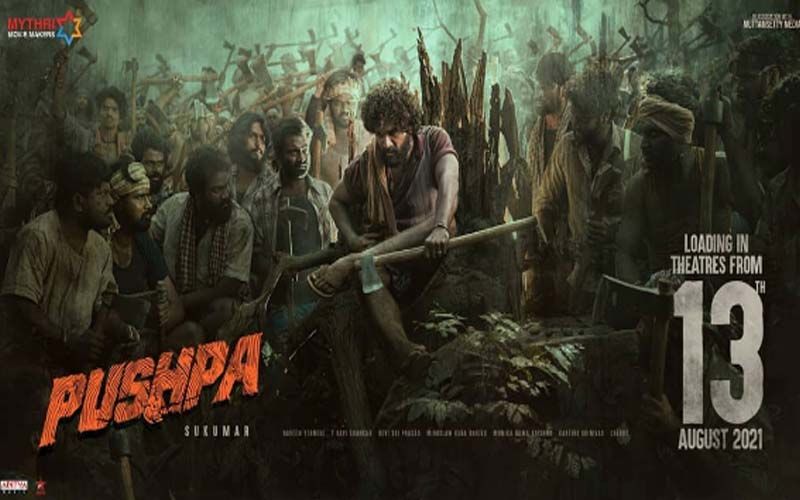

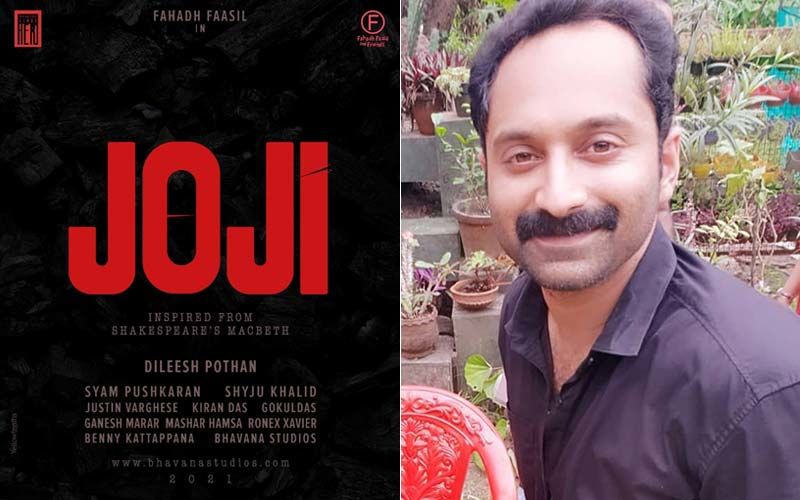
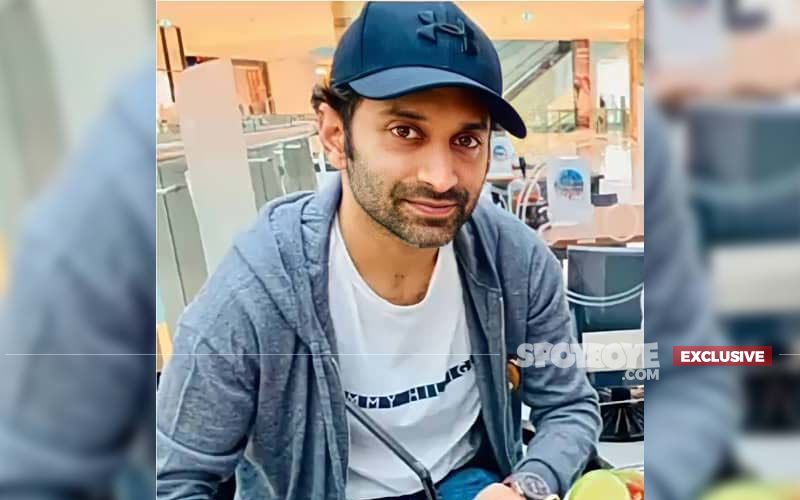
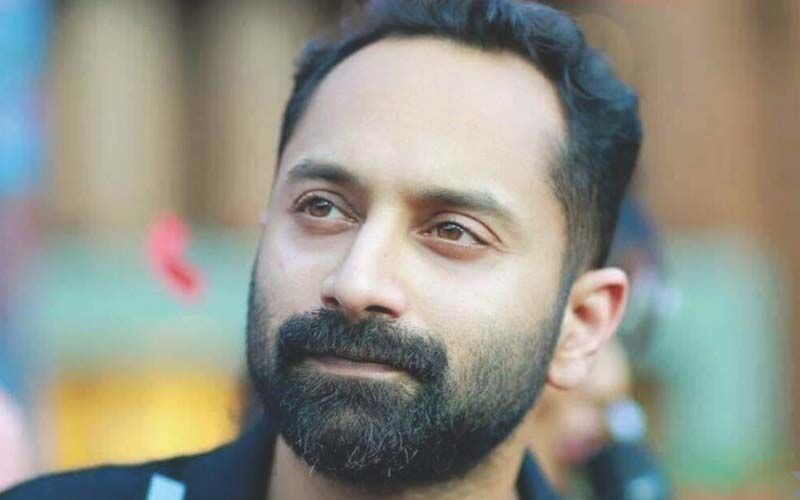
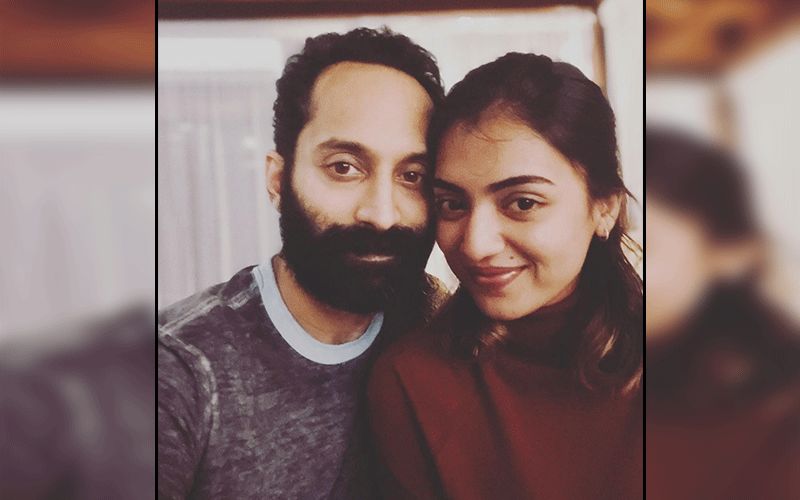

__2024-11-22-6-45-35_small.jpg)
